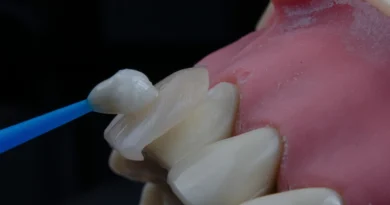Finding Hope: Depression Therapy That Works
Depression is a serious mental health condition that can impact every aspect of a person’s life. Fortunately, there are effective therapies available to help individuals manage and overcome depression. This article explores the different types of depression therapy that work, offering hope and guidance to those seeking relief from this challenging condition.
Understanding Depression Therapy
What is Depression Therapy?
Depression therapy, also known as psychotherapy or talk therapy, is a treatment approach that involves talking to a trained therapist to understand and manage symptoms of depression. Therapy aims to identify and change negative thought patterns and behaviors that contribute to depression.
Types of Depression Therapy
There are several types of therapy that have been found to be effective in treating depression:
- Cognitive Behavioral Therapy (CBT): CBT helps individuals identify and change negative thought patterns and behaviors. It is one of the most widely used and effective therapies for depression.
- Interpersonal Therapy (IPT): IPT focuses on improving relationships and communication skills to alleviate symptoms of depression.
- Psychodynamic Therapy: This therapy explores unconscious thoughts and feelings that may contribute to depression, helping individuals gain insight into their emotions and behaviors.
- Mindfulness-Based Therapies: These therapies, such as Mindfulness-Based Cognitive Therapy (MBCT), incorporate mindfulness practices to help individuals manage negative thoughts and emotions.
Benefits of Depression Therapy
Improved Mood and Outlook
Depression therapy can help individuals feel better and more optimistic about the future. By addressing negative thought patterns and behaviors, therapy can improve mood and overall outlook on life.
Enhanced Coping Skills
Therapy equips individuals with coping skills to manage stress and difficult emotions. These skills can be invaluable in preventing future episodes of depression and improving overall resilience.
Better Relationships
Depression can strain relationships, but therapy can improve communication and interpersonal skills, leading to healthier and more fulfilling relationships.
Prevention of Relapse
Therapy can help prevent future episodes of depression by teaching individuals how to recognize early warning signs and implement coping strategies.
Finding the Right Depression Therapy
Seeking Professional Help
It’s important to seek help from a qualified mental health professional when considering depression therapy. A therapist can assess your symptoms and recommend the most appropriate treatment approach.
Considering Your Preferences
Different types of therapy may appeal to different individuals. Consider your preferences, such as whether you prefer a structured approach like CBT or a more exploratory approach like psychodynamic therapy.
Evaluating Progress
Regularly evaluate your progress in therapy. If you feel that you are not making progress or that the therapy is not effective, discuss your concerns with your therapist to explore alternative approaches.
Conclusion
Depression therapy offers hope to those struggling with this challenging condition. By addressing negative thought patterns and behaviors, improving coping skills, and enhancing relationships, therapy can significantly improve quality of life for individuals with depression. If you or someone you know is experiencing depression, don’t hesitate to seek help from a qualified mental health professional to explore the options available.




